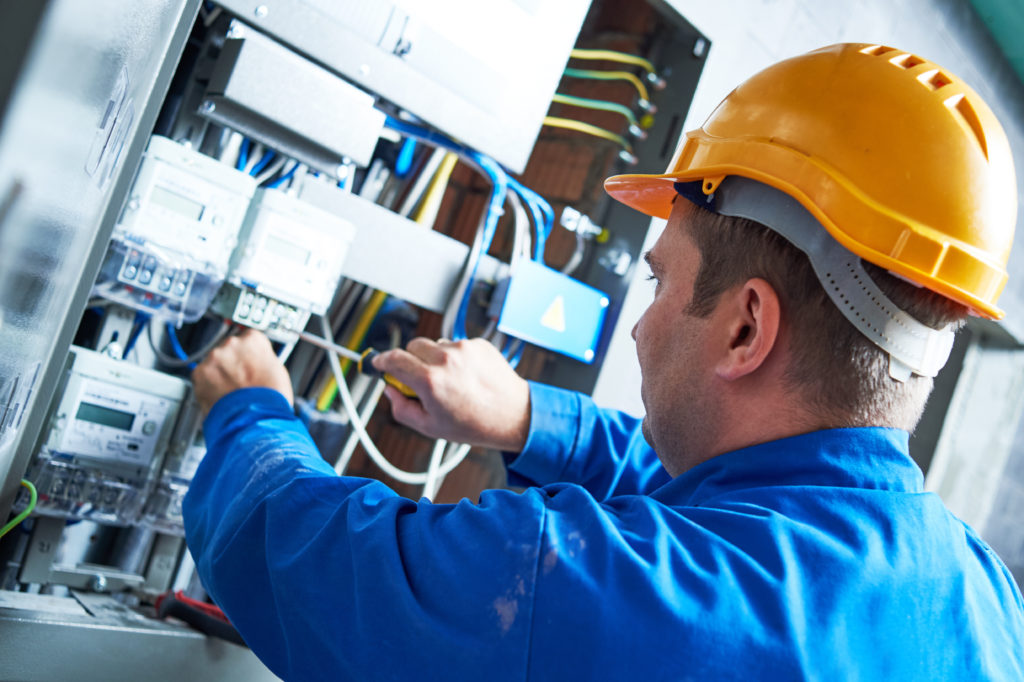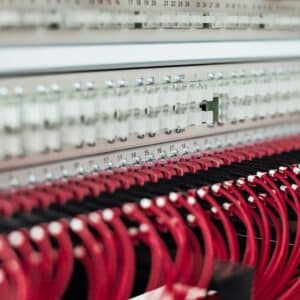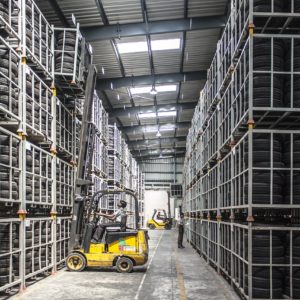Electrical installation courses are concerned with the installation of electronic equipment in different guises. From home to the factory.
Some of the different fields of specialisation include telecommunications; manufacturing; generation; microelectronics; biomedicine; and transport. Students with an interest in maths, physics, and computers and an inquiring mind would enjoy a course in Electrical or Electronic Engineering.
Education
Students who are interested in taking a course in Electrical or Electronic Engineering are spoilt for choice. Higher certificates and degrees (at levels five, six, seven and eight) are available at most Institutes of Technology and universities, and many smaller and private colleges.
the student can decide to take a broad Engineering course and specialise in electronics or electrical subjects, or take dedicated courses in Electrical Engineering, Electronic Engineering, Electrical & Control Systems, Electronic Technology, Electronics & Computer Engineering, Electronics & Telecommunications Systems, Engineering (Applied), or Communications Engineering, to name but a few.
The Work
Electrical and Electronic Engineering graduates will generally have a wide range of options. Many of the world’s largest manufacturers of electronic equipment have operations in Ireland. Graduates are also in high demand in the manufacturing, IT, aerospace, energy generation, telecommunications, multimedia, and general business sectors.
Electronic engineers are those who work in many industries. In telecommunications, the design, install and maintain transmitters, satellite equipment, and the ever-expanding range of IT devices. The installation, upkeep, and improvement of manufacturing equipment and systems also require the services of an electronic engineer.
Other tasks that they engage in can include leading a team of researchers or engineers, liaising with managers, clients, or marketing experts.
Electrical engineers will often work in the generation and supply of electricity. They design the equipment that makes this possible and oversees maintenance, safety and upgrades.
A propensity for problem-solving is definitely very useful for electrical and electronic engineers. Technical ability, creativity, experience in using computers, an interest in maths and physics are other characteristics that are often sought. An inquiring disposition coupled with a desire to initiate improvements is of benefit. Good teamwork and communication skills are also important.
Find electrical installation courses near you at courses.ie












Comments